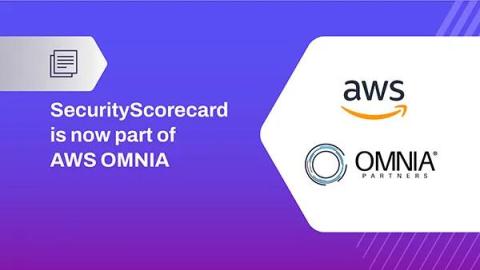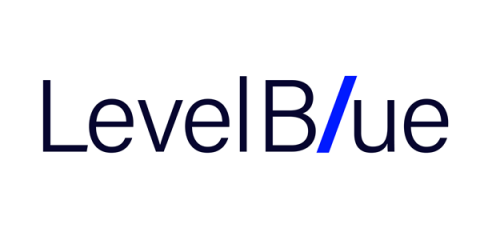Which Browsers Are the Most Secure?
The most secure browsers depend on your security preferences and what you’re looking for in your browsing experience, but we suggest Chrome for its incognito mode, Firefox for its anti-tracking systems and DuckDuckGo for its privacy settings. Depending on the kinds of security features you need, each browser below has its own strengths and weaknesses. No matter which web browser you use, you should look for several safety features that protect your private data.










